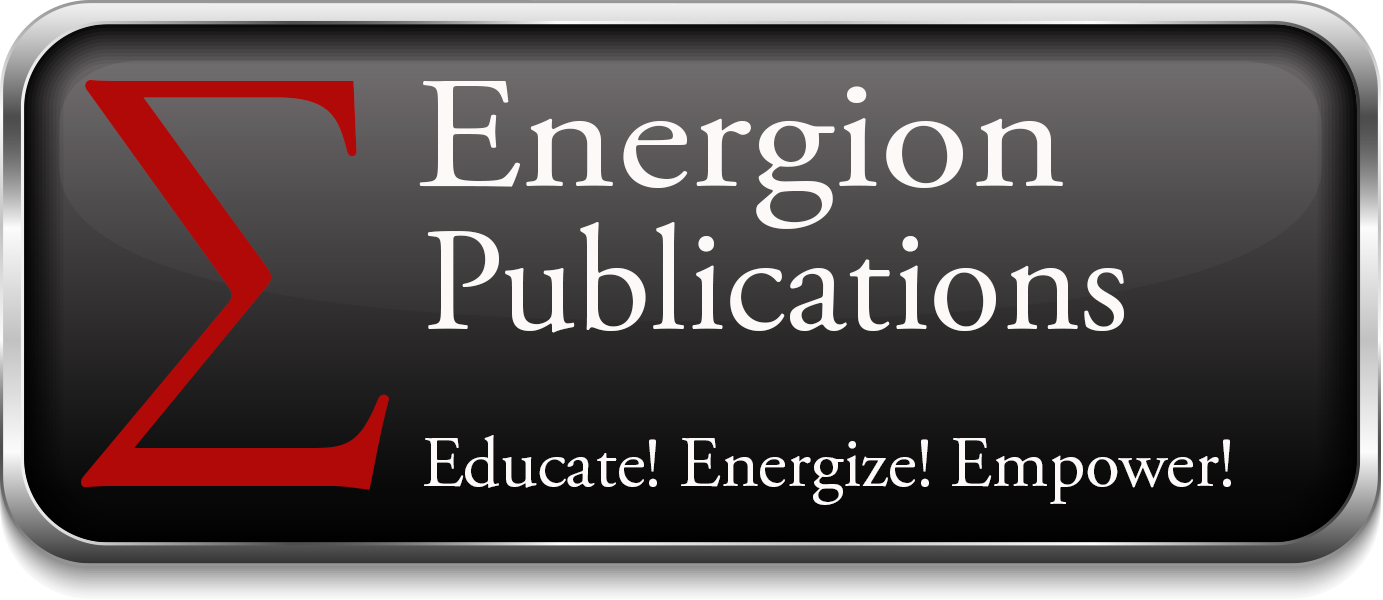Publishing for the Conversation
 I get frequent comments about the variety of materials published by Energion Publications. Occasionally I get negative comments as well from people who think the variety has gone too far. I was once informed that someone had burned one of our books. I hope in the future that if anyone wants to burn one of our books they will let me know in advance so I can get video and post it here. As I tell my authors, even negative publicity is still publicity. Sometimes it’s even better than positive!
I get frequent comments about the variety of materials published by Energion Publications. Occasionally I get negative comments as well from people who think the variety has gone too far. I was once informed that someone had burned one of our books. I hope in the future that if anyone wants to burn one of our books they will let me know in advance so I can get video and post it here. As I tell my authors, even negative publicity is still publicity. Sometimes it’s even better than positive!
But such hot responses are few and far between. At first people wondered whether I was going to just publish a narrow set of books that were favorable to my own point of view. After all, a company that is owned by a single person might well support that person’s beliefs. Our catalog is large and diverse enough now that I don’t hear that sort of comment any more.
So are there some limits here? Is there any sort of coherence to what I choose to publish through Energion Publications? Indeed there is. First, this company does reflect my personality in that I like lots of dialog. In my view, dialog requires strong views well presented and then debated from other strong views. Too often people assume dialog automatically means compromise, watering down one’s point of view at the start.
Dialog actually requires you to have a viewpoint and to express that viewpoint clearly. It also requires you to express it civilly. Too many people think these two elements are contradictory. They are not. They are complementary. People are not persuaded by the loudness of your arguments. In fact, they are not generally persuaded by your fine logic at either, until a personal connection has been established.
Let me quote and expand on our mission statement, first in summary form:
Our mission is to use web and print publishing to educate Christian laity and clergy, to energize the whole church to commitment and action, and to empower all members of the body of Christ to be effective witnesses for Jesus.
That’s from our Mission Statement page. That’s where the “Educate! Energize! Empower!” that you see on this page’s header comes from.
Style checkers will tell me that “energize” and “empower” are buzzwords and that I should ditch them. I disagree. Yes, they can be buzzwords, but they got that way because they have a core of value in them. People have just overused them.
And now the expansion …
We accomplish this mission by publishing books that will challenge the broad Christian center. By the “broad Christian center” we mean that large group of Christians who are willing to work together with one another despite disagreement on non-essentials, who are interested in genuine dialog and learning, who seek sound teaching and understanding, yet are too often left to drift.
There are a lot of Christians who are not the sort of people who will invent their own theology or create their own reasons for activity, but they are well intentioned. Much of Christian writing and teaching aims for those who are ready to push the frontiers. We need to reach this broad range of Christians. Some may object that I’m talking about pew-warmers and the apathetic. First, I’d note that Jesus came to save pew-warmers too. But second, I’ve found many of these people who are quite committed. I am most often encouraged by visiting some of our smaller churches. Their deeds aren’t often reported in the papers or denominational magazines, but you see them letting their light shine where they are. I want to talk to them!
We also believe that Christianity is best served by a well-informed people, capable of defending their faith and also of challenging their leadership. The church is not an organization of professional ministers, but all are ministers. (emphasis added)
In our summary form mission statement we say that we want to educate clergy and laity. By this we don’t mean to say that we educate the two groups separately, but rather that all are part of the body of Christ and all are ministers. We need to help these people who already want to minister to be more effective.
 Now how does dialog accomplish this? I can use the frequently quoted phrase from Proverbs 27:17, iron sharpens iron. In addition, however, I think it’s critical for us, as Christians, to learn to exchange ideas and information between denominations and tradition streams. The recently released title Crossing the Street provides an example of this in discussing what Protestants and Catholics can learn from each other.
Now how does dialog accomplish this? I can use the frequently quoted phrase from Proverbs 27:17, iron sharpens iron. In addition, however, I think it’s critical for us, as Christians, to learn to exchange ideas and information between denominations and tradition streams. The recently released title Crossing the Street provides an example of this in discussing what Protestants and Catholics can learn from each other.
We’re also trying to practice this idea in the political sphere as two Energion authors, Elgin Hushbeck, Jr. and Bob Cornwall answer questions about the U. S. presidential election over the next few weeks. You can find more information about this on Energion.net.
Prospective authors, please read our mission statement and submission standards. This is what we’re looking for. We don’t expect you to compromise your views or to water down your material, but we do expect you to attempt to communicate your view to people who might disagree with you, even disagree strongly.
Readers and evaluators, don’t make the assumption that because it’s an Energion title, it takes a particular position. Other than falling within the boundaries of our very brief doctrinal standards, there is no “Energion position.”
— Henry Neufeld, owner of Energion Publications

